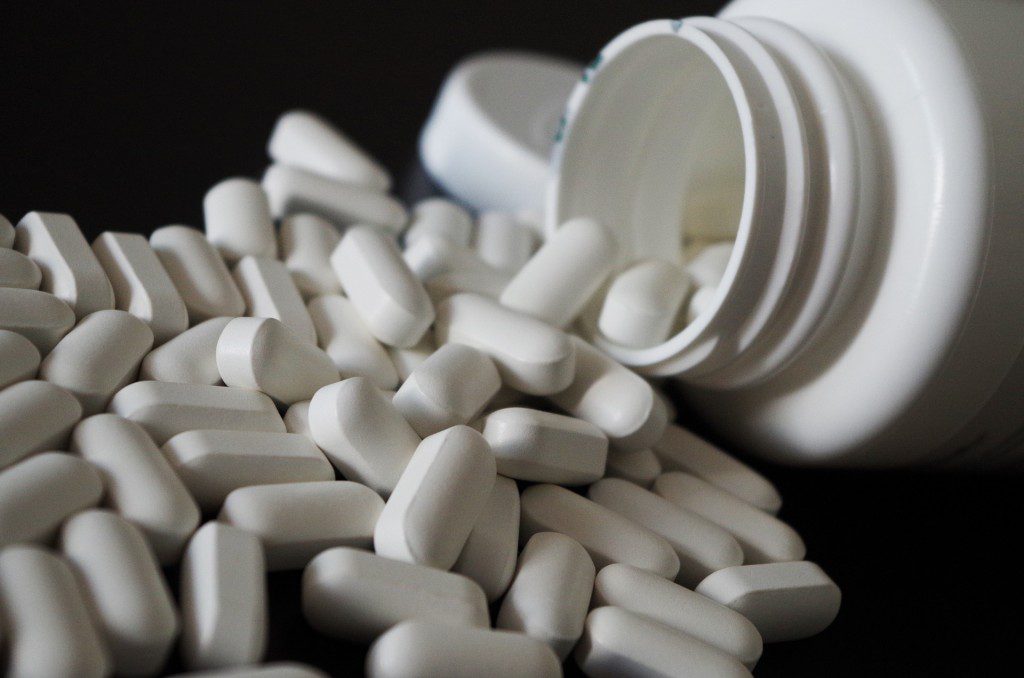
Well, what you probably won’t know, unless you’re a diligent reader of Fortune or spent some time trying to find more information.
The headline news is this: a new drug for Duchene muscular dystrophy is on the market, deflazacort, and this is being hailed as “the first drug in the United States approved for use by patients who are 5 years or older with DMD, regardless of genetic mutation.” The catch? This drug, which had been available abroad at a cost of $1,000 per year, is now being priced at $89,000 per year. The manufacturer, Marathon Pharmaceuticals, says that most patients will pay a $20 copay and that they expect to, in the end, net $54,000 per year per patient after taking into account discounts for uninsured patients, and negotiations with insurers. (Does Medicaid get discounts or pay the sticker price? It’s not clear.) But $54,000 per year per patient is still a huge sum of money. (See the Chicago Tribune for the $54,000 estimate.)
According to Yahoo Finance, there are 15,000 DMD patients. If all of them take this drug, that’s a revenue of $810 million per year, far outstripping the estimates of the cost for clinical trials I was able to find, somewhere around $100 million. That’s massive.
But here’s the catch:
Other such drugs with massive pricetags either come by that pricetag because they’re under patent, and offer a radically new treatment (the drugs offering cures for Hepatitis C), or because they’re in so little use that there’s only one manufacturer, even if it’s a generic (the case of the “pharma bro”‘s massive price hike), or because people haven’t paid enough attention to generic options (the case of the Epipen, available as a generic, but with too many users not realizing they had the option and asking for the generic prescription).
This is different.
This is a generic drug, which has been given 7 year marketing exclusivity in the United States by the FDA, under “orphan drug” provisions, because the company in question put forth the effort to conduct the clinical trials to allow for its FDA approval.
And that’s the wrinkle: the drug was being widely used abroad, but U.S. policy is that the approval processes in Europe and Canada are not good enough, and no matter how widely a drug is used abroad, the FDA requires a full set of clinical trials, from scratch, in the U.S., with U.S. patients, which massively increases the actual cost as well as the pricing.
The Fortune article defends this system:
Senator Ted Cruz has argued that drugs approved by European or Canadian regulators should automatically be approved in the U.S. That’s not a good idea, because it would lead to manufacturers of new medicines always going to whoever set the lowest bar.
But that’s lunacy, to imagine that the approval process in such countries as Europe and Canada is deficient. Sure, I wouldn’t want to have approval reciprocity with China, say, but surely the drug-approval bodies in sufficiently “civilized” countries could come to an agreement on common protocols, or, if the United States truly felt that those other processes were insufficient, that they could identify supplemental studies rather than redoing everything entirely from scratch.
Yes, everyone always trots out the example of thalidomide. But that was 60 years ago. Are we really going to withhold treatments from Americans because of this single incident, not repeated, from 60 years ago?
After all, if deflazacort had previously been approved for anything at all in the U.S., doctors would have been prescribing it for DMD in an off-label manner years ago. And if DMD hadn’t been a condition for which Orphan Drug law applied, there would have been no one with the financial incentives to conduct the tests, and it wouldn’t have ever been available in the U.S.
Makes you wonder how many other drugs there are in this situation, doesn’t it? — and how many people could be helped, but aren’t, because of our drug approval policies.
UPDATE: Here’s another article to read on the subject of reciprocity, from Marginal Revolution.
Image: from pixabay.com; https://pixabay.com/en/diet-pills-medication-pharmacy-sick-1328802/; public domain













